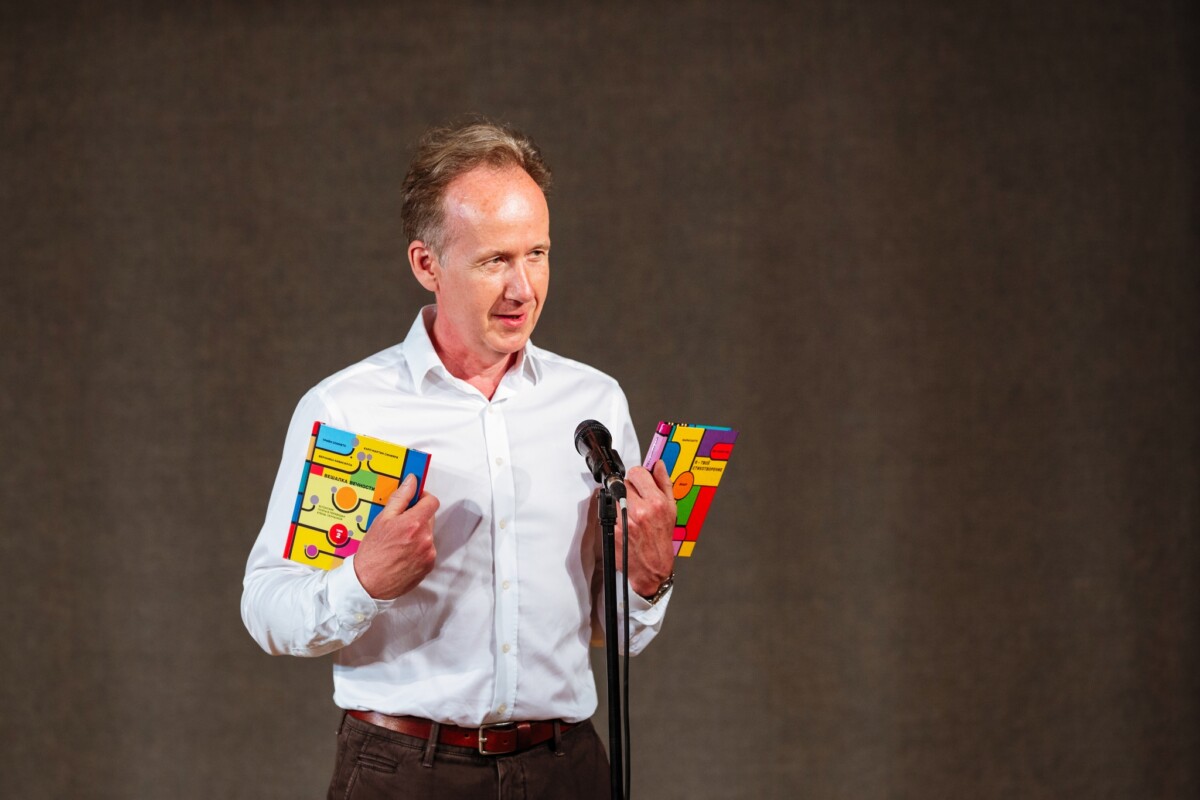On October 8, 2022, the Estonian Writers’ Union, which unites writers, translators of fiction, literary critics and researchers, will celebrate its 100th anniversary with a festive gala event at the Estonia Concert Hall. Congratulations!
This isn’t merely the anniversary of the founding of a creative union, but a cultural milestone to which the entire Estonian nation has contributed.
EWU was founded on October 8, 1922 at Tallinn Town Hall. During the first independence of Estonia the chairmanship of the creative union was held by Friedebert Tuglas, Eduard Hubel (Mait Metsanurk), Karl Ast (Rumor), Henrik Visnapuu, and August Jakobson.
There were 33 members when the EWU was founded and today there are 336. In addition to writers, there are translators and literary scholars. The gender divide is nearly even. In terms of worldview, the EWU represents a cross-section of contemporary Estonian society.
Today EWU is the only organization in Estonia that holds regular weekly literary events in both Tallinn and Tartu. The EWU provides authors and publishers with the opportunity to present new works and translations that are significant not only in the context of Estonian culture, but from a wider perspective. For example, EWU has hosted an event celebrating the 150th anniversary of Marcel Proust’s birth. One of the most popular literary events of 2022 has been the release of the Estonian translation of Sei Shōnagon’s The Pillow Book in the auditorium of the EWU. Another critical undertaking is the EWU’s novel-writing competition, which aims to discover talented new authors. In short, EWU strive to amplify fine literature and support new authors to create more.
EWU’s greatest accomplishment has probably been preserving Estonian literary culture through several occupations. The efforts and activities of the EWU in Exile are also to be praised for this. Then there is, of course, the restoration of Estonia’s independence, in which artists’ unions and specific writers played a crucial role.
“Though literature’s share in overall culture has clearly decreased since the early 20th century, the trend isn’t due to a decline, but to culture diverging and diversifying on the whole. That being said, there’s no danger of literature’s disappearance. People wish to read and there’s something that only literature can provide. Something that can’t be shown on a screen or a stage. Literature’s magical and psychological dimensions,” says Tiit Aleksejev, the head of the Estonian Writers’ Union since 2016.
Read the interview with Tiit Aleksejev.




